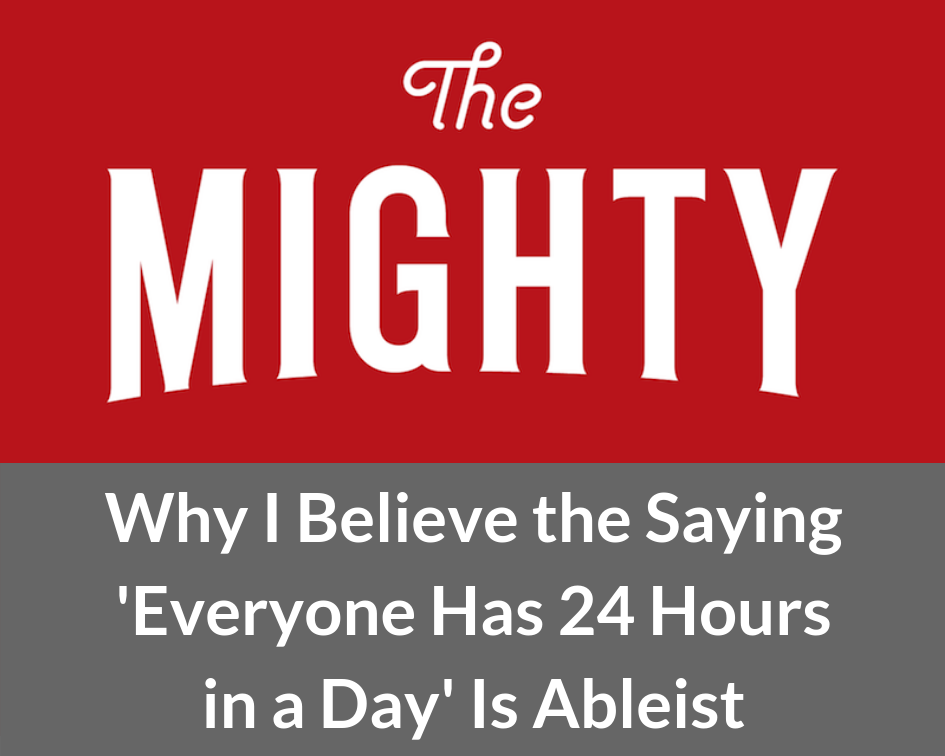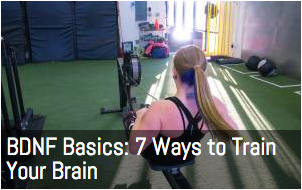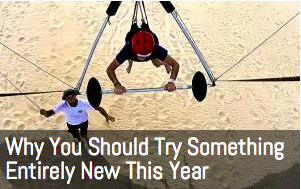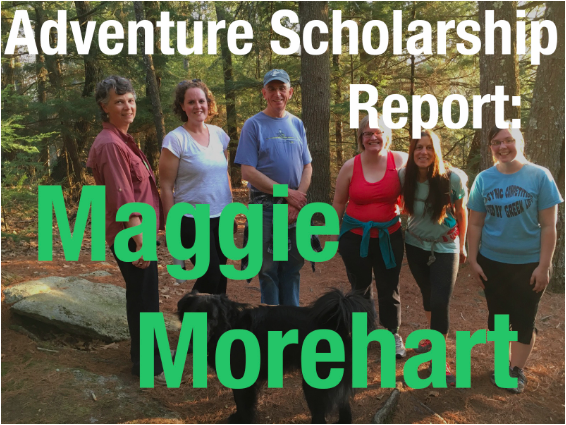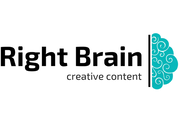For beginners or readers with chronic illness or pain, some of the exercises in this book may seem intimidating. I would certainly recommend beginning with some of the breathing and meditation exercises that Dr. Zazulak suggests, regardless of your fitness level. For those who have a solid base of core stability, the more advanced exercises like those incorporating medicine balls and plyometrics may be the challenge you’re looking for. You’ll also find some useful nuggets of information that may even surprise you if you’re a personal trainer or fitness junkie, like the link between the core and the jaw. The following is an exclusive excerpt from Master Your Core. To learn more or order your own copy, click here. Jaw-Dropping LinkRepublished from Master Your Core by Dr. Bohdanna Zazulak with permission of TCK Publishing. The connection between your core floor and your jaw begins in the third week of embryonic development, when they are joined by your spine. From this time on, the jaw and pelvis are strongly linked in mind-body-spirit, as tensions in the two areas very often mirror each other. The pelvic floor is integrally linked with your entire being, which includes your emotions and nervous system.
Women in particular tend to internalize emotions more often, which manifests as muscle tension in an unrelaxed core floor. When muscles tense, they constrict the nerves that send electrical signals between your muscles and your brain, causing spasms, weakness, and/or pain. Muscle tension also compromises blood flow, which deprives your muscles of the vital oxygen and nutrients they need to function optimally.
Most people do not even realize that they cruise through much of their day “riding their clutch,” with the core floor engaged all the time. When new drivers learn how to shift gears, it takes practice to get the hang of fully disengaging and re-engaging the clutch. This causes mechanical problems in a car, just as having a constantly engaged core floor does in your body. If you never truly disengage your core floor, you may experience tightness, decreased range of motion, and even pain. Awareness and mindful relaxation of tense muscles is the key to good nerve transmission and blood circulation, which is necessary for a healthy core floor. Again, this takes practice! To practice relaxation of your core floor, scan your body for areas of tension and gently release, as you practice your mindful deep breathing. Gently place your tongue behind your front teeth to relax your jaw and think of something that makes you happy and grateful. Fully relax your pelvic floor with each inhalation. If you tense up your pelvic floor muscles, you’ll notice that your jaw will also tighten up. Relax one, and the other will follow. Visualization helps relax the floor, so think of a peaceful place such as a mountain, forest, or beach. Imagine what you would see, hear, feel, smell, and taste, and let your floor go. Reconnect with your pelvic floor to stop driving through life riding your clutch, and cruise your way to a relaxed and balanced core, mind, and life.
0 Comments
I recently stumbled across Emilie Wapnick’s Tedx Talk Why Some of Us Don’t Have One True Calling, and in twelve short minutes, my entire outlook on life changed. Okay, that may be an exaggeration, but it really forced me to reflect on my choices, habits and interests in a new way. It also introduced me to a word I’d never heard before and one that I identified with immediately: multipotentialite.
According to Emilie, a multipotentialite is someone with many interests and creative pursuits.
Just having a name for a defining element of my personality gave me a tangible sense of relief, a bit like the feeling you get when you finally receive a diagnosis after being sick for months or years. Naturally, I wanted to know more about this “diagnosis,” so I visited Emilie’s website, ordered her book (and a few other related titles) on Amazon and dove headfirst down a YouTube rabbit hole of multipotentiality. I consequently realized that I was exhibiting classic symptoms of multipotentiality in my search for more information on multipotentiality, the irony of which was not lost on me.
As I begin to think about the many ways my multipod (short-hand for multipotentialite) personality has manifested in my life, one of my first observations is the way I tend to thrive with multiple part-time jobs. The times in my life when I’ve felt the happiest and most fulfilled in my work have been when I’m not working a single, full-time gig but several wildly different ones at once. As they say, variety is the spice of life. And it can also be the spice of your work life! Coincidentally, flexible schedules, shorter shifts and the ability to work in various different environments act as coping mechanisms that help me to manage multiple chronic illnesses too. (Because what kind of multipod would I be if I didn’t also have multiple chronic illnesses?)
As I continued to reflect, so many things in both my work and personal life began to make sense – like my long-time obsession with George Washington Carver (perhaps the greatest multipotentialite of all time), the siren call of Hobby Lobby, my interest in duathlon (why choose when you can run and bike?) or all the headaches I caused my freshman Career Exploration instructor in college.
As incompatible as these two identities may seem – how can you focus on so many different things when just managing your illness can seem like a full-time job? – the more I reflect on this newfound label, the more benefits I see to being a multipod with chronic illness. Juggling all these diverse interests over the years has certainly allowed me to practice some of the skills needed to juggle symptoms, medications and doctors. It allowed me to pivot in my career when my demanding full-time leadership role took its toll on my health. And it’s allowing me to make connections between seemingly unrelated topics like chronic illness and art, health and literacy and communication and disability.
Many of the downsides to being a chronically ill multipod, like feeling flakey or pushing past your physical limits, are accompanied by tremendous upsides. It’s certainly frustrating when your body can’t keep up with your wide range of interests and pursuits, but if one passion turns out to be too physically demanding, there are a dozen others to fall back on. While other folks struggled with boredom during last year’s quarantine, I finally made some progress on the many projects I’d been anxiously waiting to dive into.
After 33 years as a multipod, I finally have a word for the unique and sometimes chaotic way my brain works. My fellow spoonies will understand how empowering something as simple as a name can be.
Are you a multipotentialite with chronic illness or disability? I would love to hear from you! Leave a comment or contact me here. As we settle into the cold, dreary winter months following the excitement of the holidays, it’s easy to fall into a slump. Especially as the pandemic rages on and we continue to maintain our social distance. The one thing this time of year is good for? Catching up on some reading! The Book: Wintering: The Power of Rest and Retreat in Difficult Times by Katherine May
While I’m not a sea swimmer, I can relate to the therapeutic experience Katherine describes in the article she wrote for The Outdoor Swimming Society. The story of her relationship with water and her adult diagnosis of autism are inseparable. She even gives us a glimpse into her winter of hospital visits and diagnostic tests as she awaits an explanation for her persistent abdominal pain. Of course illness is only one manifestation of winter, but it certainly demands its share of rest and retreat. As Katherine puts it, “winter is asking me to be more careful with my energies and to rest a while until spring.” Some would say the world is enduring a collective winter of sorts at the moment. And while we anxiously await the spring, the best prescription for our wintering souls may be this book, a hot cup of tea and a warm blanket. The Tea: Savoy Tea Company's Frosted Orange Roll Tea
If you enjoyed the book, check out Katherine’s podcast The Wintering Sessions.
The Book: Echo Mountain by Lauren WolkAs a nonfiction junkie, it’s not too often that I curl up in bed with a YA novel – or any novel for that matter. But Lauren Wolk’s Echo Mountain was a welcome distraction from everything going on in our world today.
Clearly, I enjoyed the book. But why am I sharing a review of Echo Mountain on a blog about living well with chronic illness? (Besides the fact that reading YA novels is as good a way to pass the time in quarantine as anything else). At its heart, this is a story about healing, both physically and mentally. While twelve-year-old Ellie spends her time scavenging the mountainside for ingredients to treat the physical wounds of her father and her new friend, it’s the mental and emotional wounds that truly need healing. Ultimately, it’s a combination of time, empathy, music, honey and puppies that brings healing to the families of Echo Mountain. In a time of uncertainty, this story serves as a reminder of the simple joys in life – like holding a newborn puppy or savoring a fresh slice of homemade pie. I won’t give away the ending, but it’s a happy one. And I think happy endings are something we could use a lot more of these days. The Tea: Stonewall Kitchen Wild Maine Blueberry Tea with Honey
Even though I drink loose-leaf tea almost exclusively, this delicious blend has become a summer staple in my house. Give it a try yourself and let me know what you think in the comments!
The Book: The Upside of Being Down by Jen Gotch
The Upside of Being Down is part memoir, part self-help book and part business guide, written by Jen Gotch, the founder of ban.do. Jen chronicles her experience of growing up with undiagnosed bipolar disorder and anxiety, and her journey to better mental health as an adult. She recounts everything from the details of her relationship with her mom and her cross-country move to launching a business, finding a therapist and getting divorced. Jen describes herself as “genetically predisposed to optimism,” and as the founder of a brand that practically screams joy and optimism, that makes sense. What may surprise some readers are the struggles she’s faced on the road to success and her commitment to helping others conquer mental illness. While I’ve never been convinced that my skin is green or struggled with crippling anxiety, there were definitely parts of Jen’s story that I could relate to. The chapter about her relationship with her husband and subsequent divorce was so honest and accessible that I found myself reflecting on my own failed relationship with fresh eyes. Jen’s personality clearly shines through every page of this book, and its value lies in both the insightful reflection on her life with bipolar and anxiety and the uplifting conclusion that things can get better. She applies that philosophy to her company too. You can learn more about what she’s doing at ban.do to bring awareness to mental illness here and download free resources here.
|
My name is Maggie Morehart, and I'm the creator of Incurable. Learn more.
Categories
All
More Places to Find Me |

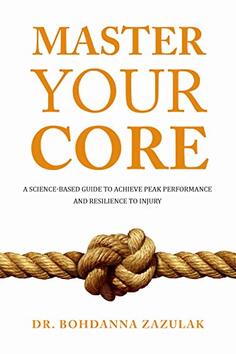
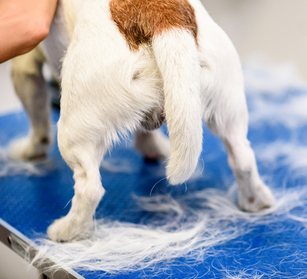
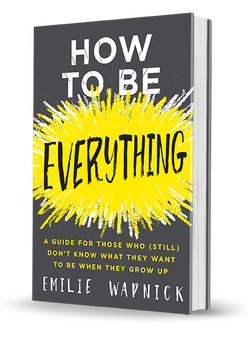
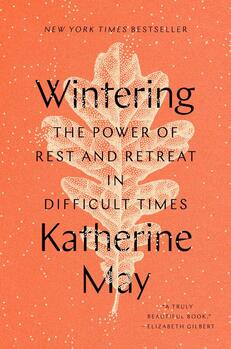
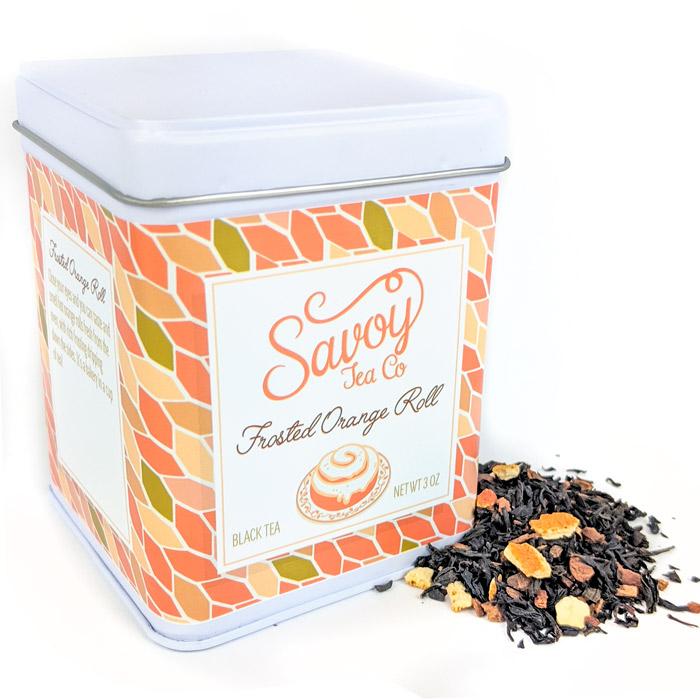
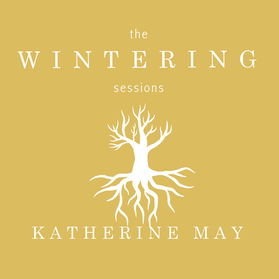
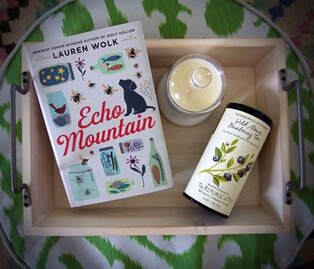
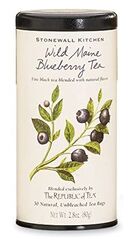
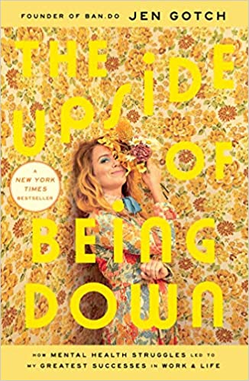
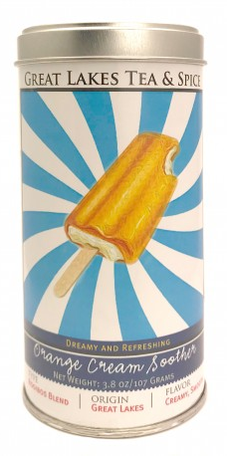
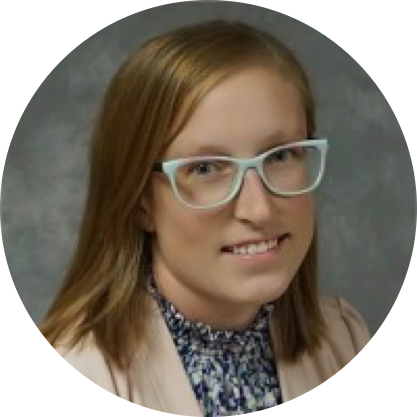
 RSS Feed
RSS Feed
